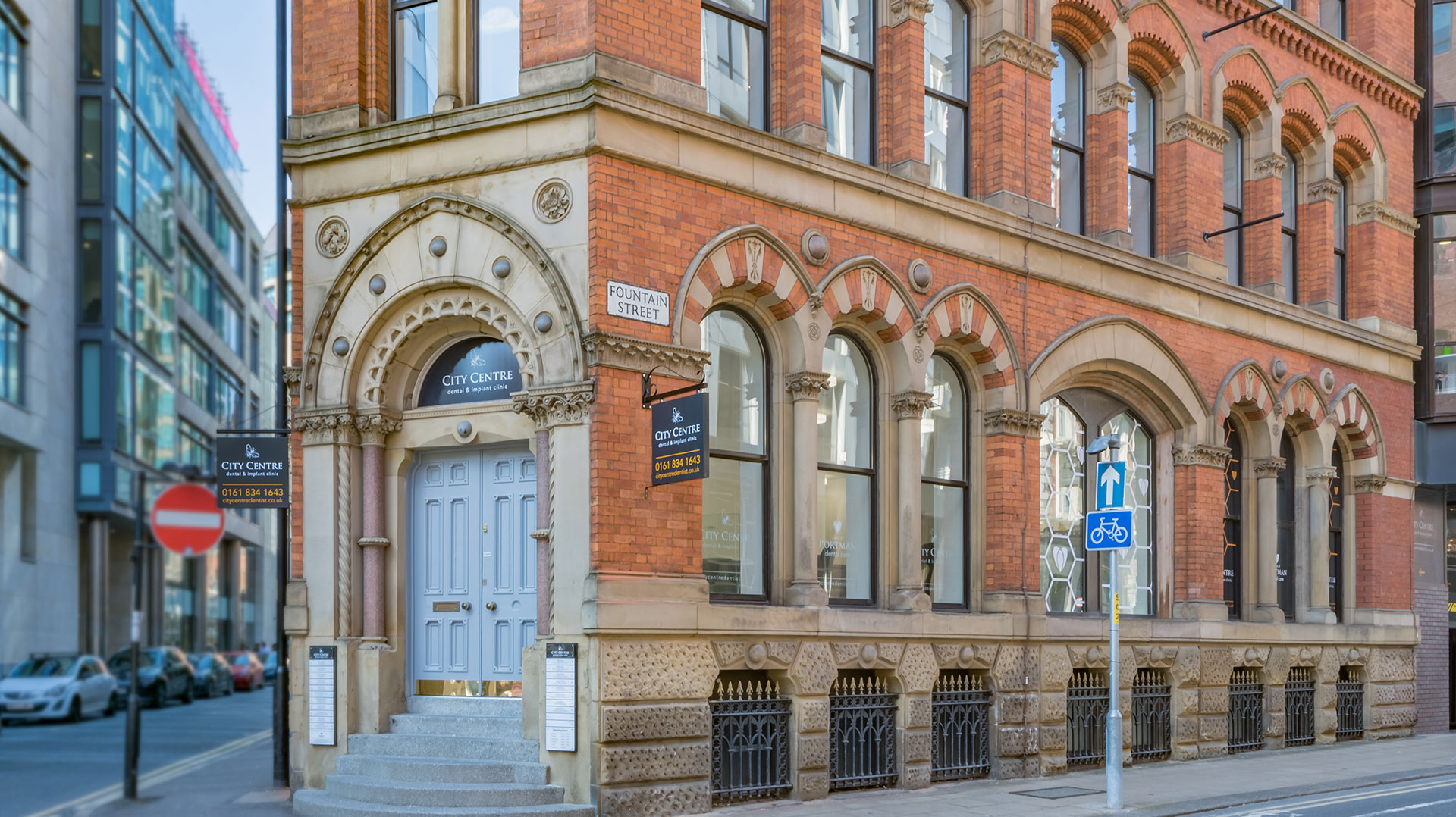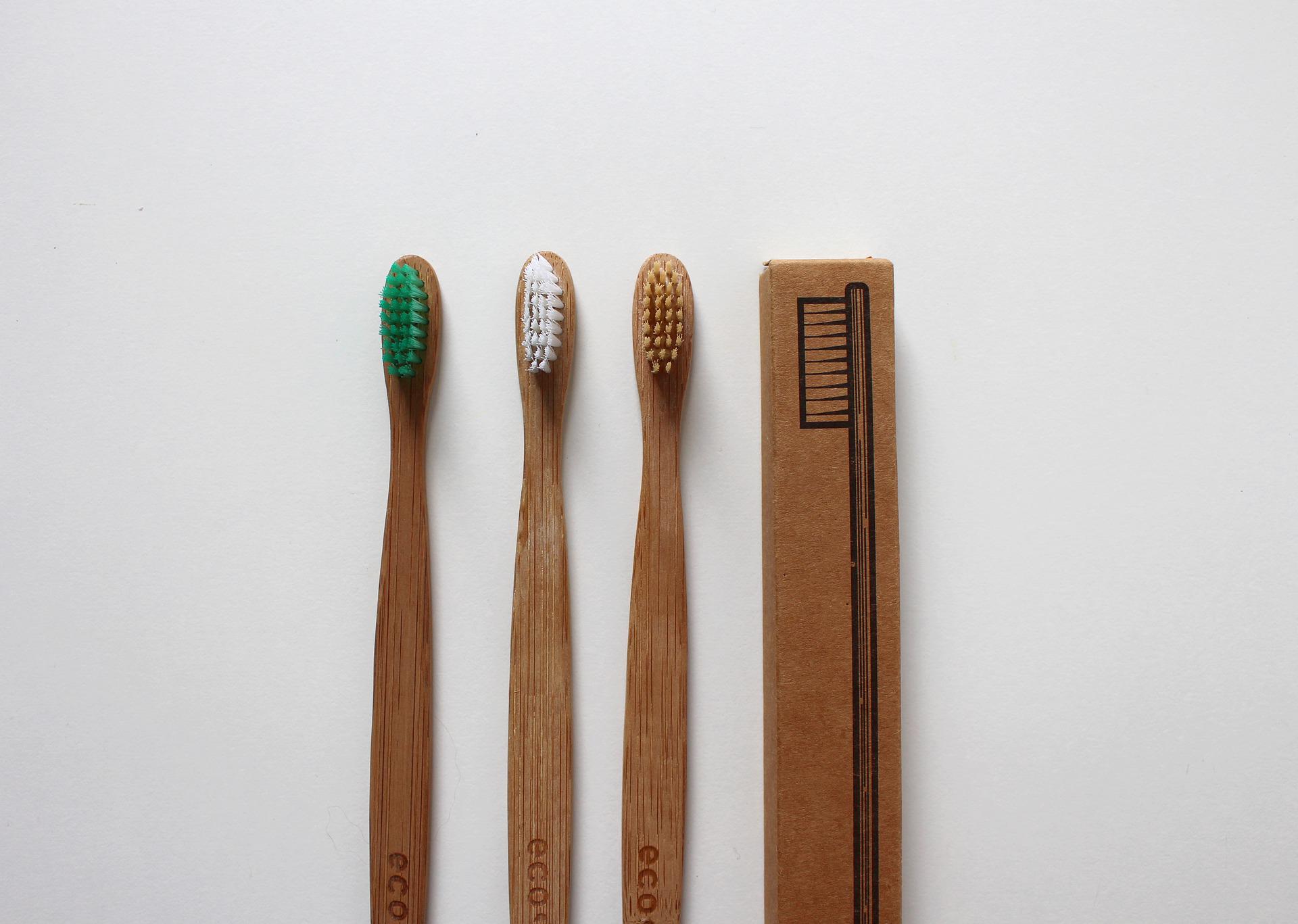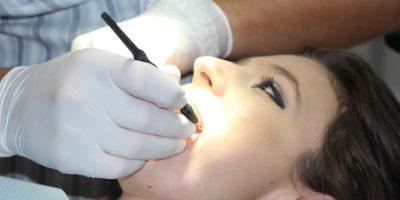-
Categorised as:
- Advice
What is a dental emergency?
First of all, it is important to be able to identify what is and what isn’t a dental emergency. Some dental concerns may require urgent attention, whereas some may be less urgent, meaning you can try some self-help remedies and wait until you can be assessed by your dentist. To help with your questions or concerns, we’ve provided a handy list of dental problems which need attention immediately, those which don’t, and some general guidance on how you can take care of yourself from home.
Which symptoms require urgent dental attention
- Facial swelling extending to the eye or neck
- Bleeding following an extraction that does not stop after 20 minutes pressure with a gauze/ clean hankie (a small amount of oozing is normal just like if you had a grazed knee)
- Bleeding due to trauma that does not stop.
- Significant toothache preventing sleeping or eating, or associated with significant swelling or fever that cannot be managed with painkillers.
Visit A&E if you have any of the following symptoms
- Facial swelling affecting vision or breathing, preventing mouth opening more than two fingers width.
- Trauma causing loss of consciousness, double vision or vomiting.
Non urgent (can wait)
- Loose or lost crowns, bridges or veneers
- Broken, rubbing or loose dentures
- Bleeding gums (occasional)
- Broken, loose or lost fillings
- Chipped teeth with no pain
- Loose orthodontic wires that don’t cause trauma in your mouth
-
How to manage painful wisdom teeth
Wisdom tooth pain is usually due to inflammation of the gum over the erupting tooth, which can be worsened by trauma from biting. Most flare ups can be managed with thorough home care and should settle in a few days to a week. If you have difficulty swallowing, swelling in your face or cheek, or difficulty opening your mouth, call your dentist. You may need antibiotics if you have an infection or a minor infection that is spreading.
- Ensure excellent cleaning – Even if it is painful to brush, the area must be kept clean to encourage healing.
- Avoid Corsodyl mouthwash – Although it may seem like a good idea, avoid using Corsodyl mouthwash for more than a few days, as use for a few weeks as it could cause staining.
- Soft diet – Eating soft foods will reduce the chance of trauma from biting.
- Painkillers – You can take Ibuprofen or paracetamol to reduce inflammation but ensure you follow the instructions on the packet.
-
How to manage pain or healing after an extraction
If you’re feeling pain after an extraction, you should take regular painkillers for up to seven days. It is normal for pain to be at its worst on day three or four. We cannot provide antibiotics for pain after extractions unless an infection is present.
Some pink spit/oozing is normal after an extraction, but if the socket is bleeding freely, bite hard on gauze or a clean hankie for 20 minutes. If bleeding has not stopped call your dentist for further advice.
If you smoke or rinse too soon after an extraction, you risk a dry socket and this can be very painful, with regular painkillers unlikely to be effective. If this happens, you should call your dentist to seek an emergency appointment. Antibiotics will not solve this, as a dressing is needed to cover the exposed bone.
-
How to manage bleeding gums
Bleeding gums are not a dental emergency as this is most commonly associated with gum disease, and will not stop until brushing improves. Brush twice a day with a fluoride toothpaste for two minutes, concentrating especially on the areas that are bleeding. Ensure that you also use floss or interdental brushes to clean between your teeth every day.
-
How to manage a lost crown
If you lose a crown, the best advice will be the personalised advice that you can get from a dentist. There are temporary repair kits but they are fiddly to use. Your dentist may be able to help by talking this through with a video link, or they may be able to advise if it is OK to leave the crown off until normal dental care resumes.
How to manage ulcers
Although painful, most ulcers will heal within 7-10 days. Non healing ulcers/oral lesions present for more than three weeks should be assessed by a dentist or doctor.
- Ensure excellent cleaning – The mouth must be kept clean to encourage healing and prevent more ulcers forming. Be gentle and use a soft/baby toothbrush.
- Difflam (Benzydamine) spray or mouthwash – Use this as needed to treat your sore mouth.
- Denture adhesives – if rubbing dentures are causing your ulcers, adhesives like Fixodent may help secure a loose denture. Any sharp edges may be very carefully removed using an emery board. It is advisable to remove dentures where possible if they’re causing trauma.
- Avoid Corsodyl mouthwash – Again, we recommend you don’t use Corsodyl mouthwash for longer than a few days as this may cause staining.
Meet our team
-
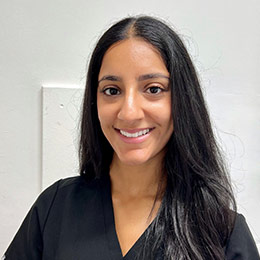
Navneet Jhaj
Dentist
-
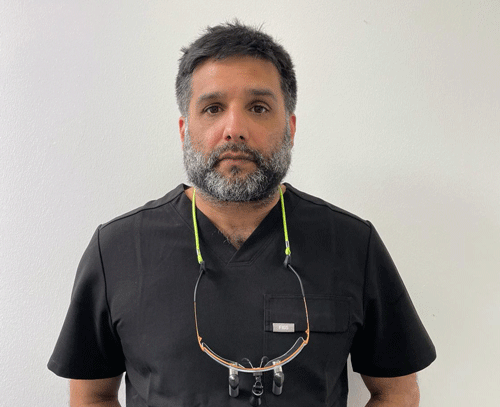
Anil Mangat
Special interest in Periodontology
-

Zeneca Edwards
Receptionist
-

Sarah Kininga
Dental Nurse

Navneet qualified from King’s College London Dental Institute in 2019. Her passion for Dentistry is ever-growing as she has completed several postgraduate courses. She has completed a yearlong Restorative Dentistry programme to progress her skills further. Her keen interest for restorative and aesthetics enhanced as she attended the world-renowned course in Italy, Styleitaliano Daily Menu. Additionally, she provides Invisalign to be able to offer a complete smile makeover.
Navneet has a friendly and calm nature and she aims to empower her patients to understand and better their oral health. With her welcoming presence she thoroughly enjoys treating paediatric and nervous patients.
In the near future she aims to provide patients with evidence – based holistic approaches to aid their overall health, as outside of work, she is hugely interested in nutrition, health and wellness.

Anil qualified in 2001 from Cardiff University Dental School and worked in a range of dental practices in Cornwall, South Wales and Sheffield as a general dental practitioner. He was always interested in treatment of gum disease. In 2017, he undertook a 3-year MSc in clinical Periodontology at the University of Central Lancashire, qualifying in 2020.
Anil has been accepting Periodontal referrals since 2018 and undertaken and range of treatments including:
• surgical and non-surgical Root surface debridement, • surgical periodontal regeneration,
• adjunctive antibiotics for treatment of severe, non-responsive gum disease.
• Management of occlusal trauma (uneven biting forces can loosen teeth, particularly in those who clench or grind their teeth).
• Splinting of loose teeth. • crown lengthening including treatment of gummy smile (for suitable cases),
• Coordinating treatment planning with restorative, orthodontic or implant treatment where stabilisation of gum condition and accurate prognosis is needed.
Anil has a keen interest in teaching. He spent time as dental foundation trainer, mentoring newly qualified dentists through their first year in Practice and is currently an honorary clinical lecturer at Sheffield University Dental School, supporting 4th and 5th year undergraduates. He has acted as an examiner for the GDC’s Overseas registrants’ examinations.
Outside of work, Anil enjoys Hockey (though more coaching than playing these days), cycling, films and music and a trip to the gym.


Should you be unsure on any of the above, please do not hesitate to contact us
How to find us
Our practice is located in the heart of Manchester City Centre. You can find us at 31 Booth St, Manchester, M2 4AF, where we’ll be providing fantastic state-of-the-art services in a purpose-built space in a beautiful listed building. We look forward to seeing you soon.
Parking information & accessibility
Our practice is fully accessible, meaning that regardless of your mobility, we can welcome you into practice, please contact us for further information about our access. If you are travelling by car, we are within close proximity to the chargeable NCP car park at Piccadilly Plaza. Alternatively, there are number of tram and bus stops, which are just a short walk away.
